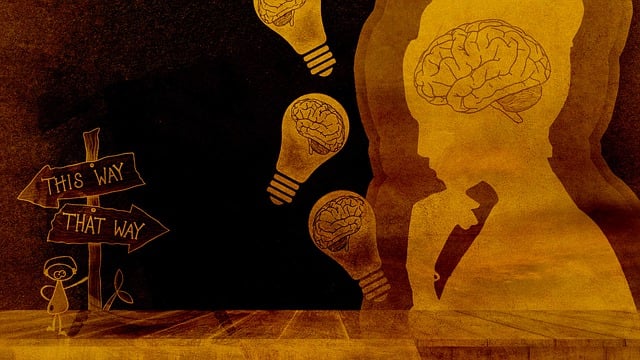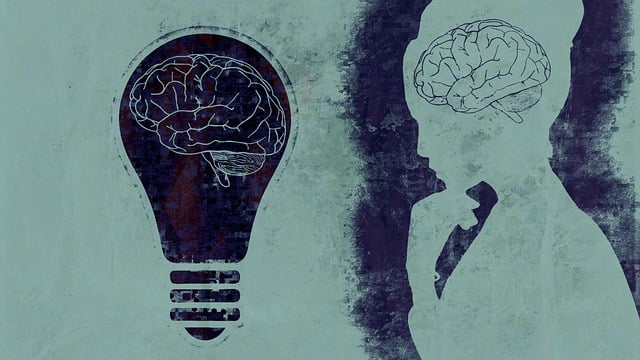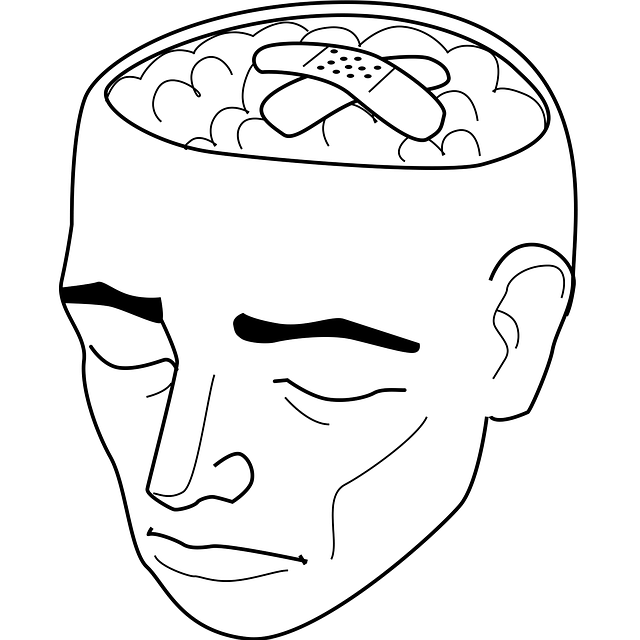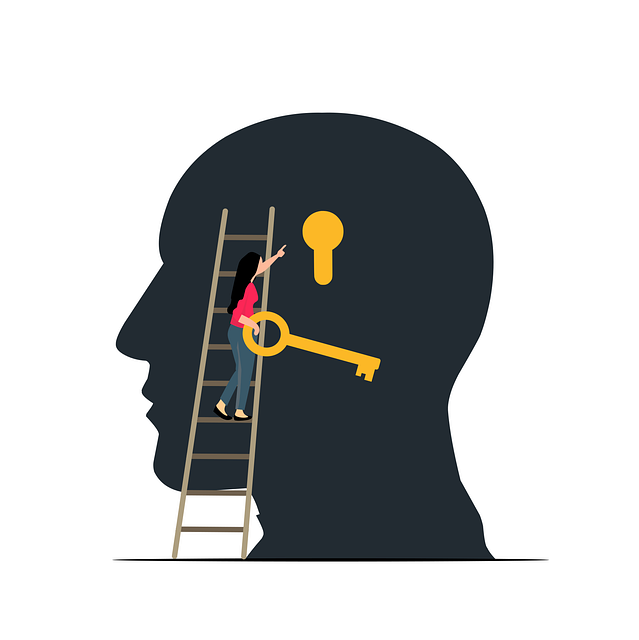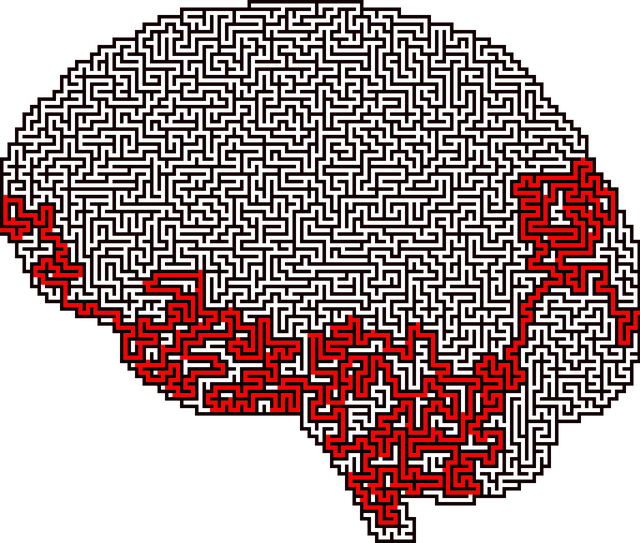Mental wellness self-assessment tools, like those offered by Littleton Stress Management Therapy (LSMT), are vital for managing emotional well-being in a stressful world. LSMT provides personalized interventions using structured techniques to help individuals understand thoughts, feelings, and behaviors through non-judgmental support. These tools integrate stress management, mental health, and overall well-being, reducing stigma and promoting self-care. Effective self-assessment tools for mental wellness should include components tailored for stress management, coping skills development, and self-esteem improvement. Feedback from users is crucial to refining these tools within healthcare settings, ensuring they meet evolving needs and best practices in mental health care.
Mental wellness self-assessment tools play a pivotal role in empowering individuals to take charge of their mental health. As awareness grows, there’s a growing need for personalized, effective assessment methods that cater to diverse needs. This article explores this evolution, focusing on the Littleton Stress Management Therapy framework as a guide for developing robust self-assessment tools. We’ll delve into key components, implementation strategies, and evaluation methods to enhance mental health support.
- Understanding Mental Wellness Self-Assessment: The Need for Personalized Tools
- Littleton Stress Management Therapy: A Framework for Effective Assessment
- Designing Comprehensive Self-Assessment Tools: Features and Components
- Implementation and Evaluation: Enhancing Mental Health Support through User Feedback
Understanding Mental Wellness Self-Assessment: The Need for Personalized Tools

Mental wellness self-assessment tools play a pivotal role in empowering individuals to take charge of their mental health and well-being. In today’s fast-paced world, where stress, anxiety, and other mental health challenges are prevalent, having personalized assessment tools is more crucial than ever. These tools serve as a gateway for folks seeking to understand their emotional states, identify potential issues early on, and take proactive steps towards improving their mental wellness.
Personalized self-assessment can range from simple mood trackers to complex algorithms designed to analyze various aspects of an individual’s life, including stress management, compassion cultivation practices, and confidence-boosting strategies. For instance, tools developed by Littleton Stress Management Therapy focus on tailored interventions, ensuring that each user receives relevant support and guidance based on their unique needs. By employing such innovations, individuals can navigate their mental health journeys with greater clarity and resilience, ultimately fostering a healthier and more balanced lifestyle.
Littleton Stress Management Therapy: A Framework for Effective Assessment

The Littleton Stress Management Therapy (LSMT) framework offers a comprehensive approach to mental wellness self-assessment, addressing various aspects of an individual’s emotional and psychological state. This therapy model emphasizes the interconnectedness of stress, mental health, and overall well-being. By employing a structured yet adaptable methodology, LSMT facilitates a deeper understanding of one’s thoughts, feelings, and behaviors, which are key components in managing stress effectively.
The framework incorporates Empathy Building Strategies to foster an environment of non-judgmental support, crucial for encouraging individuals to open up about their experiences. Additionally, it leverages Emotional Intelligence techniques to help users recognize and manage their emotions, a critical aspect in reducing the impact of mental illness stigma and promoting self-care. LSMT’s holistic nature ensures that assessment tools are not only accurate but also sensitive, catering to diverse needs and contributing to meaningful Mental Illness Stigma Reduction Efforts.
Designing Comprehensive Self-Assessment Tools: Features and Components

Designing comprehensive self-assessment tools for mental wellness is a meticulous process that requires careful consideration of various factors. These tools play a pivotal role in individuals’ journey towards better mental health, enabling them to gain profound insights into their emotional well-being. A robust self-assessment should encompass a range of components tailored to address different aspects of mental wellness, such as stress management, coping skills development, and self-esteem improvement.
The ideal tool should facilitate users’ ability to reflect on their thoughts, emotions, and behaviors, fostering an understanding of their unique challenges and strengths. Incorporating features like personalized crisis intervention guidance can be invaluable, offering immediate support when needed. By integrating these elements, the assessment becomes a dynamic and engaging process, empowering individuals to actively participate in their mental wellness journey, much like what Littleton Stress Management Therapy promotes.
Implementation and Evaluation: Enhancing Mental Health Support through User Feedback

The successful implementation and evaluation of self-assessment tools designed for mental wellness are pivotal in enhancing support systems for individuals seeking stress management therapy, particularly within healthcare settings like Littleton Stress Management Therapy. User feedback plays a crucial role in this process by providing insights into the tool’s effectiveness and usability. Healthcare providers can leverage these insights to refine and improve the assessment tools, ensuring they align with the evolving needs of patients and best practices in mental health care.
Integrating user feedback into development cycles is an essential component of Burnout Prevention Strategies for Healthcare Providers and Stress Management Workshops Organization. Regular assessments allow professionals to gauge how well the tool caters to various demographics and identify areas where further training or additional features may be required. This iterative process, combined with Risk Management Planning for Mental Health Professionals, contributes to creating robust and adaptive mental wellness self-assessment tools that can significantly benefit individuals navigating stress and related challenges.
The development of personalized mental wellness self-assessment tools, such as those inspired by Littleton Stress Management Therapy, offers a promising approach to enhancing mental health support. By incorporating comprehensive features and components, these tools can effectively navigate individuals through their emotional well-being journeys. User feedback is invaluable during implementation, ensuring the tools remain relevant and effective in meeting diverse needs. With ongoing evaluation, we can revolutionize mental wellness assessment, making it more accessible and beneficial for folks seeking support in today’s digital era.

